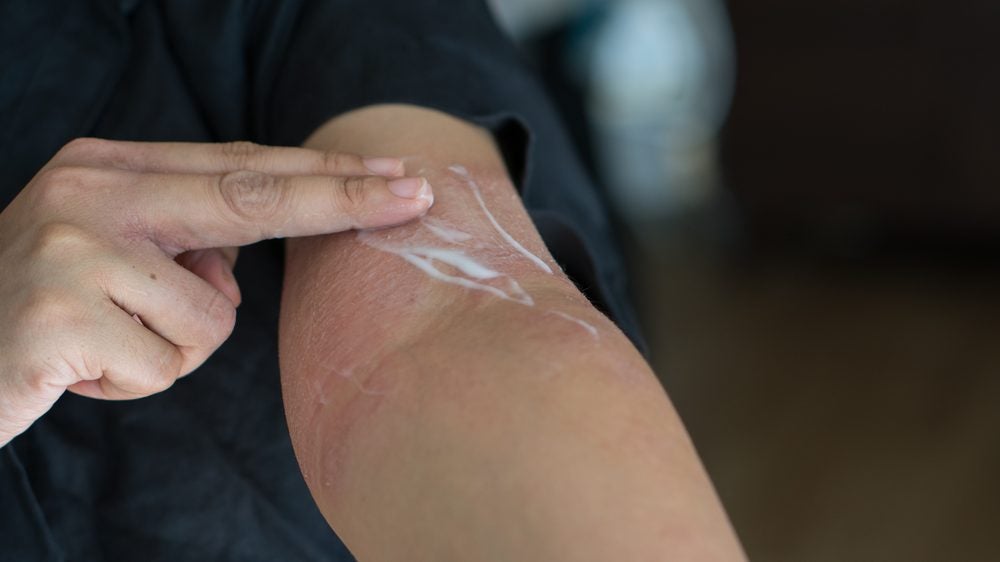
Alphyn Biologics is drafting a plan for two global Phase IIb trials in atopic dermatitis (AD) to further investigate AB-101a, CEO Neal Koller told Clinical Trials Arena.
One of the Phase IIb trials will enrol patients with AD while the other will focus on AD patients with a secondary bacterial infection. Both randomised, double-blind, vehicle-controlled trials will run parallel, with an estimated initiation by the end of the first quarter of 2024.

Discover B2B Marketing That Performs
Combine business intelligence and editorial excellence to reach engaged professionals across 36 leading media platforms.
Alphyn is planning to open sites in the US, Canada, Europe and Australia. Koller explained that the company wants to show in each of the key markets worldwide that AB-101a can treat local populations. While not on the list yet, Koller said that Alphyn is also planning to include the Asian population into the mix by adding Japan as one of the locations.
Both trials will measure standard atopic dermatitis endpoints such as investigator global assessment (IGA) and eczema area and severity index (EASI). Additionally, Alphyn will be looking at several different quality-of-life indices based on patient eczema assessment.
In the AD with secondary bacterial infection trial, the company will measure the bacteria counts and type for each patient at each visit. To show the control of the microbiome on the skin, Alphyn will also use normal scales to determine whether it is infected or not.
Koller did not disclose how many patients would be enrolled in both trials. However, he explained that the treatment cohort in the Phase IIa trials did significantly better than the placebo arm. This leads the company to believe that the upcoming trials may not have to be as large as some other trials in the AD space.

US Tariffs are shifting - will you react or anticipate?
Don’t let policy changes catch you off guard. Stay proactive with real-time data and expert analysis.
By GlobalDataResults from the Phase IIa trials
In July, Alphyn announced two datasets from the two Phase IIa trials investigating AB-101a in AD patients with or without secondary bacterial infection.
The trial, which recruited 41 patients with AD, met the primary and secondary endpoints. The data showed statistically significant improvements in IGA and EASI scores, as well as fast and sustained itch reductions.
Alphyn also released interim data from the second trial which recruited AD patients with secondary bacterial infection. Koller said that the second trial should conclude in the second week of August.
He added: “We’re hopeful that in the middle of August into September timeframe, we will be releasing the final results.”





